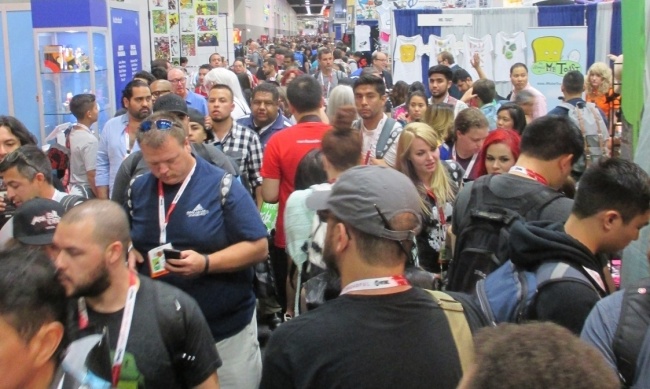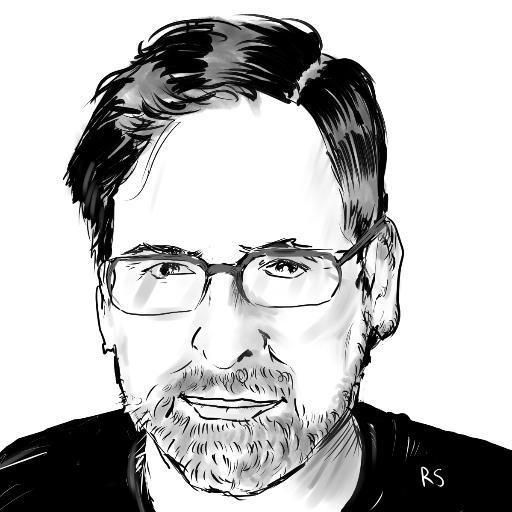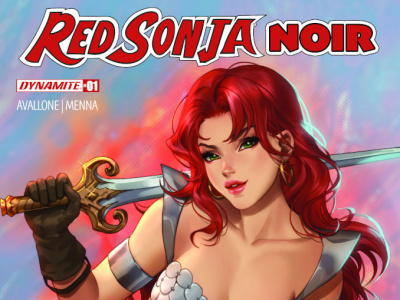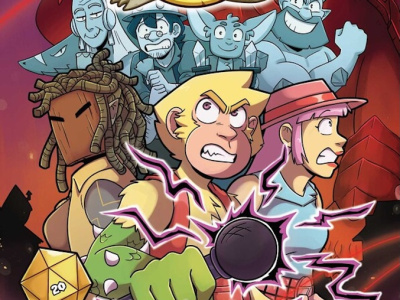This year, as new shows are added and events strive to outdo one another with increasingly eye-popping celebrity guest lists, everyone in the ecosystem needs to keep a careful eye on a few trends that could spoil the party.
Art scammers. Over the past few weeks, we’ve seen increasing attention to sellers of unlicensed prints and illegal copies of artwork in the exhibit halls of big shows, sometimes right down Artists’ Alley from genuine professionals selling original work. Selling unauthorized prints of someone else’s artwork is wrong for reasons that should require no further elaboration and it’s good to hear that some shows are starting to take a harder line on this. But there are shades of gray once you get past the black and white of out-and-out piracy.
For example, professional artists frequently sell works that feature characters they’ve drawn in comics or other media, but did not create and do not own. Perhaps they pay license fees to the publishers. Perhaps they have tacit or explicit agreements that cover these activities. Or perhaps not. Fans rarely ask their favorite Batman or Sonic the Hedgehog artist to sign a legal release when buying a Con sketch and artists don’t offer.
This kind of thing has been going on at Cons for as long as there’s been Cons and it benefits no one to crack down on it. Sure, IP owners have some risk exposure in this scenario if they don’t protect their rights, but no one wants to go around suing their own artists. Besides, they’d never recover the costs of litigation.
But what about semi-professional artists selling their “versions” of characters they don’t own, didn’t create and never worked on? These fan artists have been around cons forever too, but lately they seem more visible and more present. Some have cultivated a following on DeviantArt or Tumblr. A few of them are pretty good.
If they pay for their tables and fans want to buy their stuff, organizers may be tempted to see this as no big deal. After all, smaller shows need to fill their exhibit halls with dealers, and there’s a shrinking market for traditional collectibles as older, hardcore fans get turned off by escalating prices, crowds and irrelevant attractions.
If I were a professional artist, I’d be pretty concerned about this. Making table at shows is always uncertain. Is it helpful when cons roll out the red carpet for amateur competitors?
Pay to (cos)Play. The Cosplay Economy has been developing a life of its own for nearly a decade. These days, it’s become a tangent to more traditional fandom, intersecting around characters but then proceeding off in its own direction.
Despite some grumblings from old-timers, that’s been a healthy thing for conventions. Cosplayers add energy and distinctiveness to the events. Data shows they spend as much money as other fans and attend more shows per year. The spectacle of cosplayers draws media attention and outside interest. They also represent a growth demographic for fandom, and a new source of celebrity guests to draw in other fans.
But there’s starting to be a downside. When photographing cosplayers, I always ask first, and usually get one of two answers: “Sure!” or “Can you catch me later? I’m on my way somewhere.” Sometimes they ask me to tag them in the photo or send it to them, which is fine.
Last year, I started getting another response: “That will be $5.” Note that this was from a guy walking the floor, not stationed at a booth. Is this guy within his rights to charge fans for taking his picture? Does it add to anyone’s convention experience for this to become the norm? As conventions become increasingly solicitous of, and dependent on, an increasingly professionalized cosplay community for both attendees and guests, they’ll need to think hard about this.
Indifference to fan experience. The rising prominence of cons means more and more families and individuals plan vacations and big-ticket trips around these experiences. The expectations are higher, and more at stake for the business in delivering great experiences.
Naturally, each year, there are always a few bad cons, and bad moments at good cons. These are complex events to organize, and well-meaning folks can get in over their heads. I find it’s best to never attribute to malevolence what can adequately be explained by incompetence.
But as the industry becomes more competitive and conventions become more templated, it’s easy to see how organizers can get so focused on the “best practices” for separating fans from their money that they lose sight of the big picture: that this whole business is built on fun and passion.
The more shows become dependent on tightly-booked celebrities, the more likely that some fans will get the runaround. It’s already astounding to me how much some fans will put up with – and spend – to get a few seconds and a photo with a famous media personality. But when cons lose control of this process, either because they are not following through on little details like whether the photos actually came out properly, or because they are having a behind-the-scenes business dispute with their talent, as happened at Houston’s Space City Comic Con a few weeks ago, it’s the fans who suffer.
Cons need to get a handle on this quickly or it will impact the reputation of the entire industry. ReedPop deserves applause for its efforts to curtail ticket scalping and dispensing with high-priced VIP packages at NYCC to make the overall experience better for everyone, as Comic-Con International has always done with its shows. But they can’t control the actions of smaller shows or competitors, and if the overall fan experience starts to go septic because of greed and systematically poor management, that will burst the con bubble faster than just about anything else.
The opinions expressed in this column are solely those of the writer, and do not necessarily reflect the views of the editorial staff of ICv2.com.
Rob Salkowitz (@robsalk) is the author of Comic-Con and the Business of Pop Culture.









